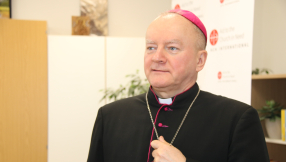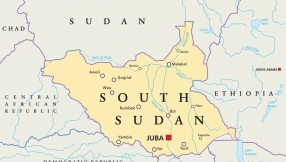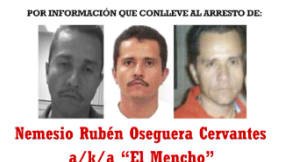
The legal definition of 'woman' cannot include trans women, a Scottish court has said.
The Court of Session ruled in favour of feminist group For Women Scotland in its legal challenge against an expanded definition in the Gender Representation on Public Boards Scotland Act 2018.
The legislation was part of the Scottish government's attempts to increase the presence of trans women on public boards.
For Women Scotland argued that the definition undermines the rights of women as protected by the Equality Act.
In her judgment, Lady Dorrian said that the term 'transgender women' was "not a protected characteristic".
She also argued that including transsexuals who self-identify as women in the legal definition "conflates and confuses two separate and distinct protected characteristics".
"Changing the definitions of protected characteristic, even for the purpose of achieving the gender recognition objective is not permitted and in this respect the 2018 Act is outwith legislative competence," she said.
Her judgment overturns a previous ruling in favour of the Scottish government.
It comes in the same week as another judge ruled that it is lawful for people to choose their sex in the upcoming Scottish census regardless of what is on their birth certificate.













